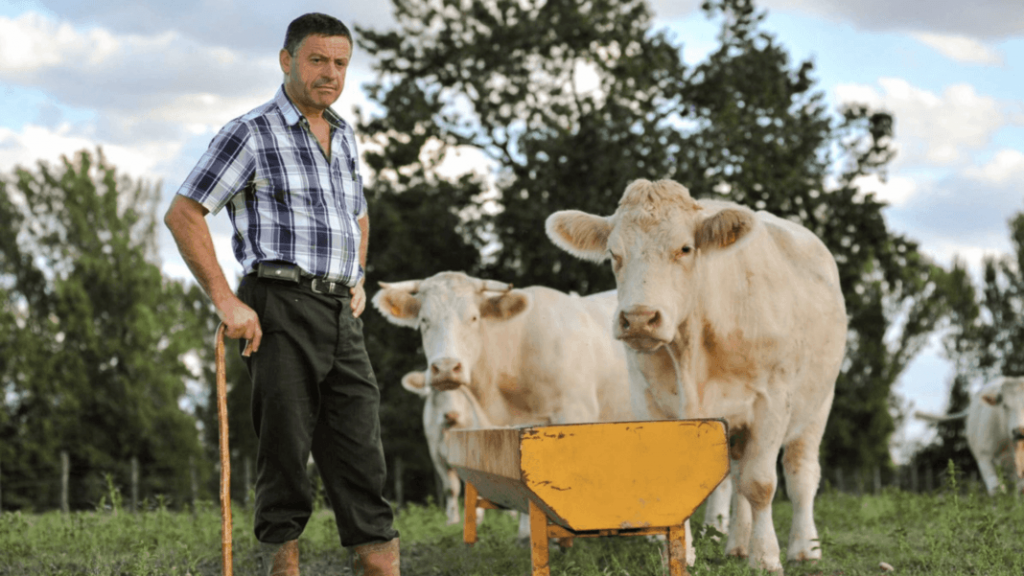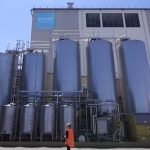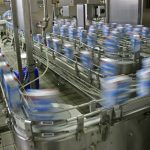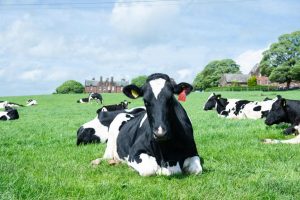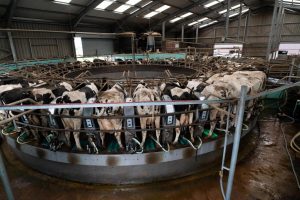
Most of Scotland’s dairy farmers believe the industry is suffering. A recent survey found that 60 percent of Scottish dairy farmers are “not so confident” or “not at all confident” about the future of the industry.
Just over 15 percent said they were “extremely confident” or “very confident.”
Survey participants completed the poll at the AgriScot industry event. Scottish Dairy Hub, dairy market analyst Chris Walkland, and the Kite Consulting revealed the results.
Kite Consulting’s David Keiley commented that many of Scotland’s dairy businesses have been “cash negative for a while.” He added that a lot of businesses are on a “knife’s edge.”
Keiley highlighted the need for a “clear strategy for the future in light of the present challenges facing dairy farmers.”
A poll taken at the Oxford Farming Conference earlier this year found that 40 percent of attendees believe vegan food is the future. Journalist and farmer Darragh McCullough wrote about the results for the Irish Independent. “[I]t’s time for the farming community to get their head around veganism,” he said.
“Farmers need to stop claiming that if we had to rely on vegans to feed the world, we’d all go hungry. It’s a lame attempt to ignore the real point,” McCullough continued. “Equally, claims that you cannot get enough nutrients from a vegan diet ignores the fact that a big chunk of the world’s population in places like India have effectively been living off a vegetarian diet for centuries.”
As consumer preference pivots toward plant-based food, more farmers are keen to keep up. California is one of the biggest dairy states in the U.S. Yet some dairy farmers there have converted their land to almond tree groves. Farmers in New Zealand went from raising cows and sheep for meat to growing quinoa, largely due to the belief that vegan protein is “the future.”
Former chicken farmer Mike Weaver now grows hemp. Weaver transformed the space where he once kept 45,000 broiler chickens. He’s now able to earn more income and employ four times as many people. “I hope it creates a whole lot of new jobs and new revenue for the farm,” Weaver said. “Farmers in America are in bad shape.”
